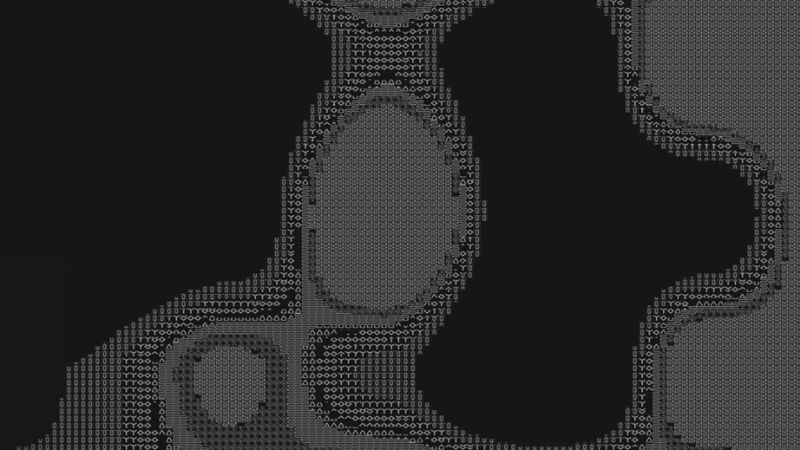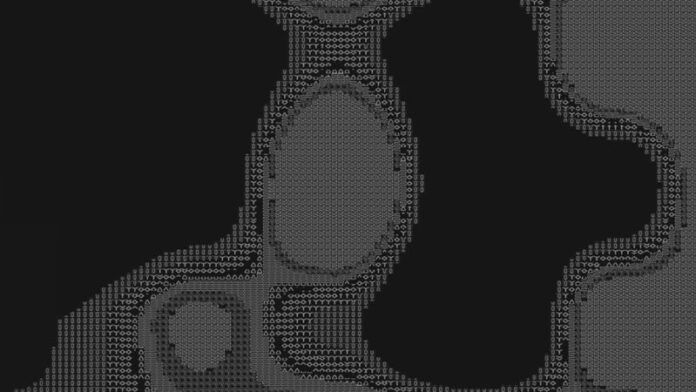
Today, an entrepreneur can start a software startup with little else apart from an idea and a laptop. The vibrant ecosystem of software startups is a direct result of decades of progress in infrastructure (e.g. the internet, cloud services, open source software) that have abstracted away large parts of the complexity of running a business. This has made it possible to focus on solving specific problems and create immense value at low cost by combining and extending existing technologies.
This dynamic is absent in the pharmaceutical industry: the costs, complexity, and technology required to develop a new drug are immense—and rising. Nearly two years ago one of our founders wrote a history of Paul Janssen, a Belgian physician who founded what would become one of the world’s largest pharmaceutical companies when he was just 27. He set up his fledgling company on a spare floor in his parent’s firm, with a loan of 50,000 Belgian francs (~$12,000 today). It would be effectively impossible to start a biotech company today with such a paltry sum. Yet, Janssen succeeded.
Read More – Protege Raises $25M in Series A Funding
When Janssen started his company, it was relatively cheap and easy to find and test new ideas for drugs. Unlike computer science, biotechnology is a physical science, and like many other physical industries costs have risen dramatically over time as a function of scarce inputs, particularly labor. For example, clinical trials now cost as much as $100,000 per patient to run, and sometimes up to $300,000 or even $500,000 per patient for complex designs—much of this is wages for hospital staff and administrators.
Worsening matters, over the years, the easy ideas were mined and new regulation was layered on. Experiments have become larger and more complex, as we are forced to more deeply plumb the depths of biology for new insights into disease. Even if clinical trials were made cheaper, there aren’t enough patients in the world to test all our ideas for new treatments in a practicable timeframe.
If we ever hope to cure all disease we must find a way to escape the constraints imposed by the physical world—we need to move as much work as we can in silico.
Read More – Phoebe Raises $17M in Seed Funding



